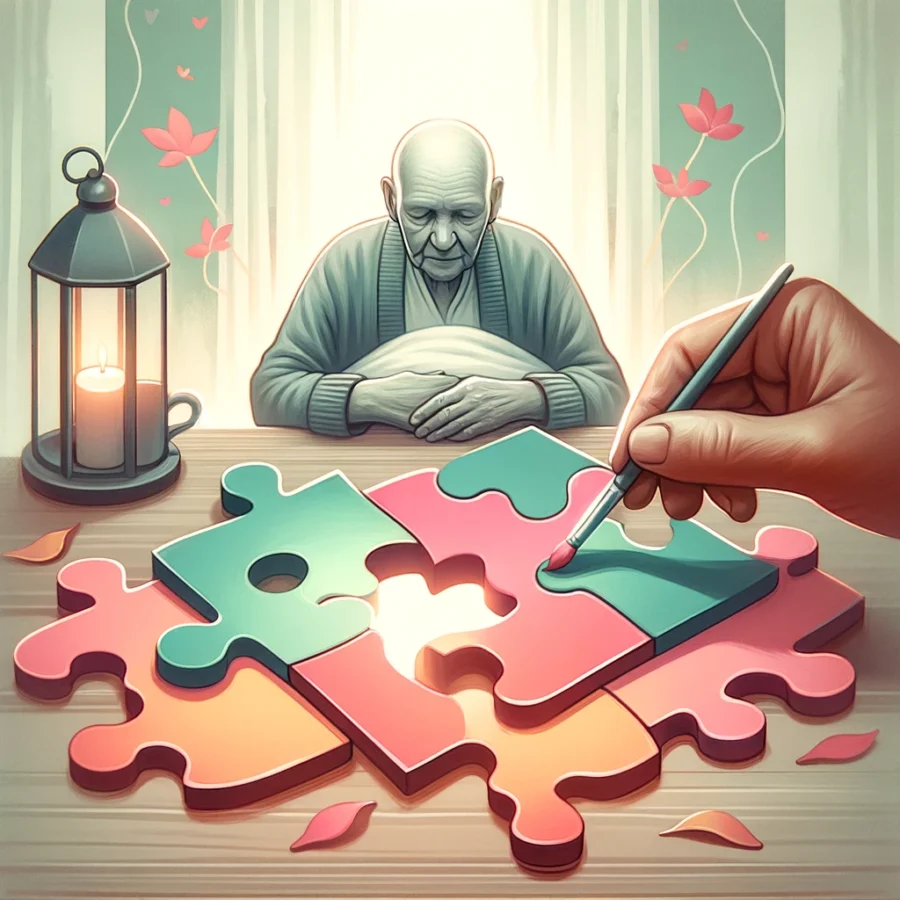Many elderly parents suffer from depression. While this can be heartbreaking to witness, untreated depression is dangerous to your loved one and could worsen existing health conditions and increase the risk of suicide. Depression also contributes to fatigue which hinders their daily tasks.

Recognizing depression symptoms in an elderly parent is the first step toward helping them feel better. Encourage your loved one to visit a primary care physician or mental health professional so that an accurate diagnosis and recommended treatments can be provided.
Elderly adults can often resist seeking help for depression. It’s important to remain persistent when broaching the subject with them and explain why your concern exists. Depression should not be seen as weakness and feelings of sadness, hopelessness and despair are normal when facing major life changes, loss or illness.
Negative emotions often have a source, making it easy to diagnose your parent’s distress. For instance, if they complain of aches and pains or decline social invites due to medical conditions or loss of independence. On the other hand, preoccupation with death could indicate depression in their life.
Depression can result from a number of different sources, including genetic risk factors, role changes or losses, grieving process difficulties and health conditions that compromise quality of life. Furthermore, past depression acts as a strong predictor for future problems.
Loneliness can also play a significant role in depression among aging parents. When family and friends live far away or when an aging loved one becomes frail or dependent, isolation can become crippling. One way to combat loneliness would be inviting your parent over for dinner or inviting them on an outing such as walking or yoga class with you; exercise has proven itself a powerful mood enhancer that may also improve sleep, an important contributory factor towards depression.
Depression in elderly populations is a complex, often disabling disorder. But by recognizing its signs and symptoms, encouraging socialization, helping with daily tasks, encouraging physical activity, assuring medication compliance, recognizing warning signs of depression among seniors, getting a proper diagnosis/treatment plan in place, as well as seeking professional assistance when necessary, you can help your loved ones feel more hopeful and happier again.
